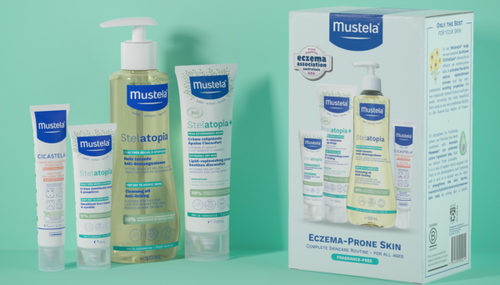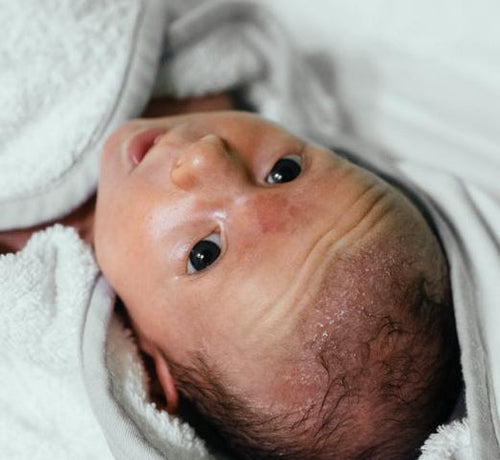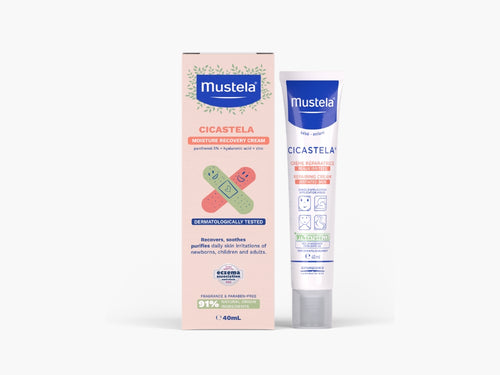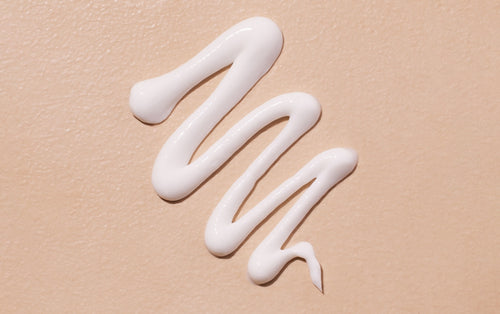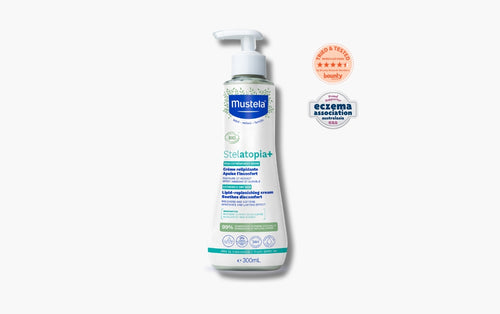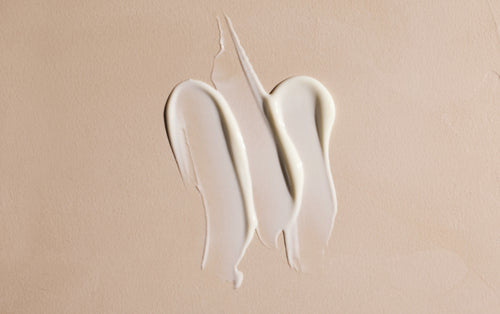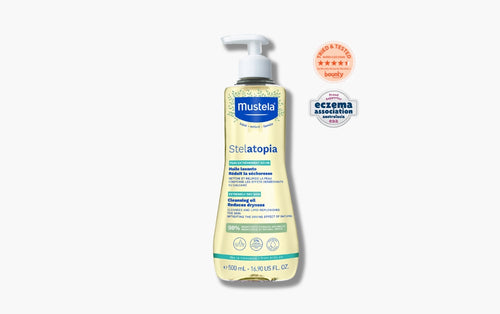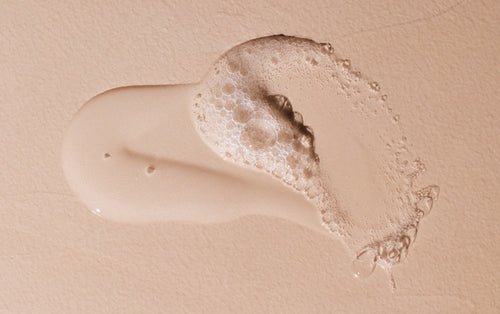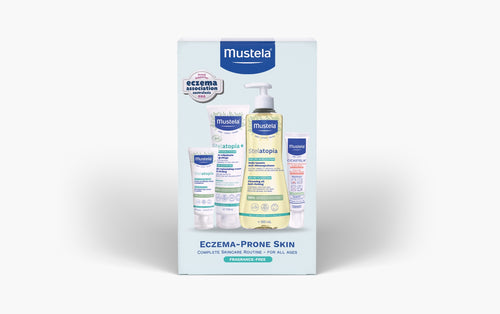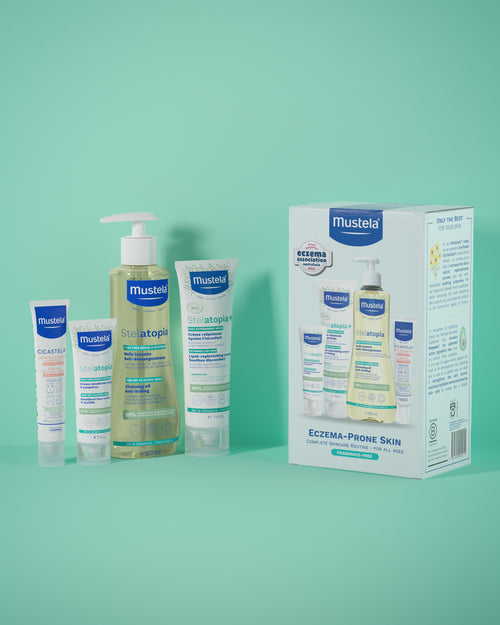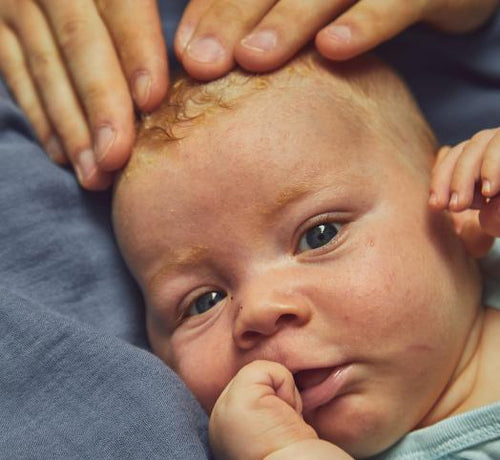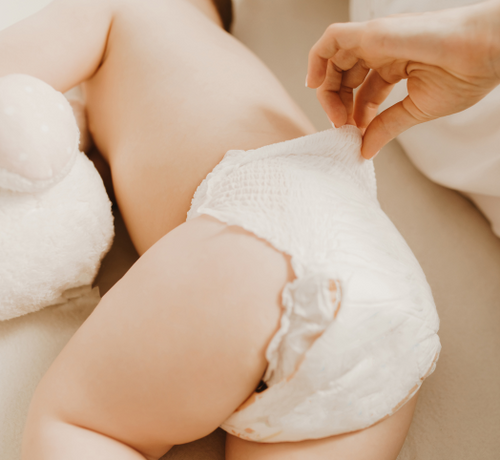Both conditions are common in infants, but how can you tell the difference? And more importantly, how should you care for your baby’s scalp to prevent or treat cradle cap or dry scalp? Let’s explore the differences between the two and the best ways to care for your baby’s sensitive skin.
Dry Scalp:
- Appearance: Dry scalp typically presents as fine, white flakes of skin that are easily visible but not oily.
- Cause: It is caused by a lack of moisture in the scalp, often due to dry air, over-bathing, or using harsh shampoos.
- Treatment: Gently moisturising the scalp with a baby-safe lotion or oil and using a mild shampoo can help restore moisture.
Cradle Cap:
- Appearance: Cradle cap appears as thicker, yellowish or brownish crusts or scales that feel greasy to the touch. It may also cause redness in the affected areas.
- Cause: Cradle cap is caused by overactive sebaceous glands producing too much oil (sebum), which traps dead skin cells. Hormonal factors and a yeast imbalance may also contribute.
- Treatment: Using a gentle cradle cap shampoo and softly brushing the scalp to remove flakes can help manage the condition. Avoid picking or peeling at the crusts to prevent irritation.
While both conditions can look similar, understanding the differences will help you choose the right treatment approach for your baby. With the proper care and attention, both dry scalp and cradle cap can be managed effectively, helping your baby’s delicate skin stay healthy and comfortable.
How To Manage Your Baby’s Dry Scalp And Cradle Cap
Thankfully, the same remedies work to manage both cradle cap and dry scalp in infants. Here are seven quick and easy ways to manage these conditions.


